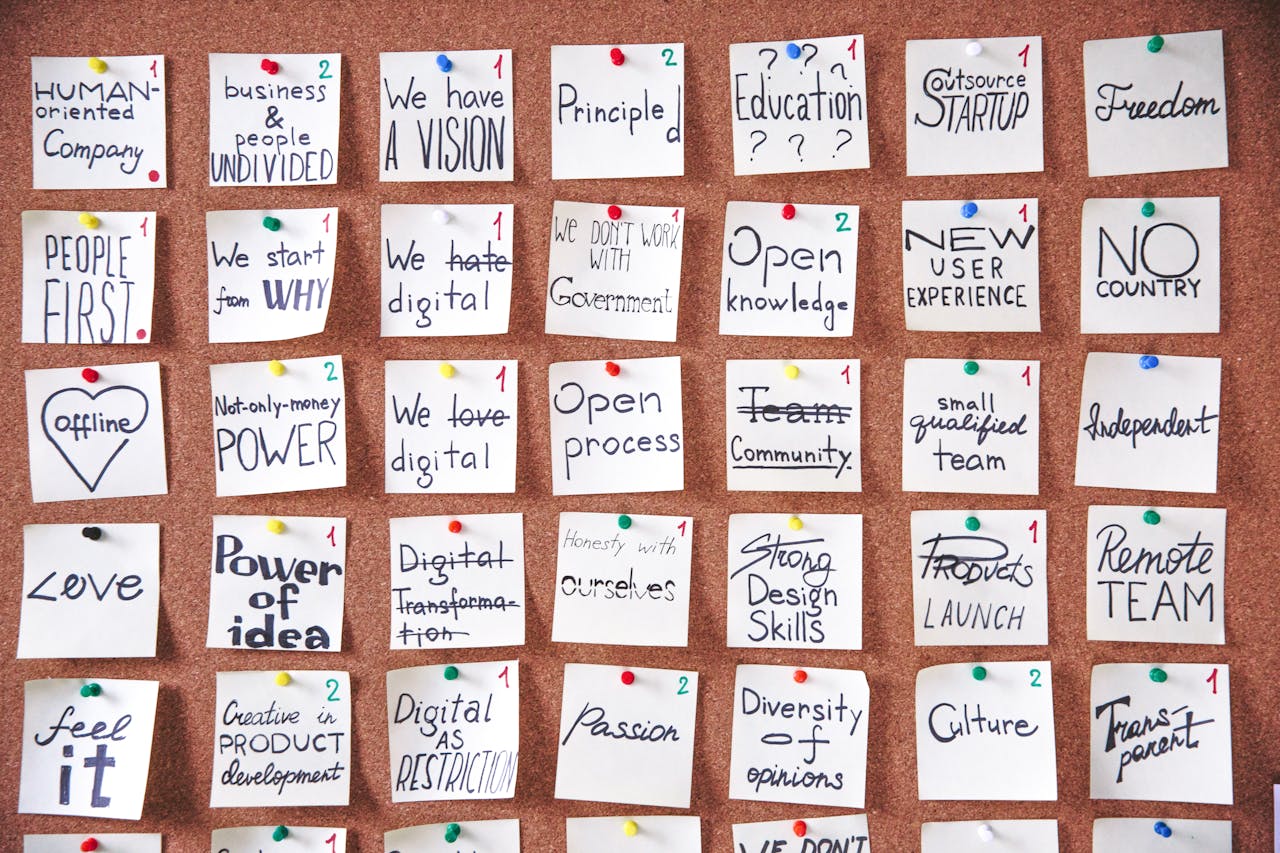
I was in a meeting once when someone mentioned burnout. You could feel the air change like everyone held their breath for a moment. Nobody spoke. Then someone chirped up with, “Let’s just focus on the positives!”
It was meant to lighten the mood. But the way people shifted in their seats, you could tell it didn’t really land. The silence that followed wasn’t relief. It was the kind of quiet that says, “We don’t talk about this here.”
I’ve seen it happen in plenty of workplaces. A team member admits they’re swamped, maybe even at breaking point, and instead of space to share, they get lines like:
“Just stay positive.”
“Count your blessings.”
“Others have it worse.”
They sound harmless, even kind. But sometimes they shut the door on real conversation. That’s when toxic positivity sneaks in.
What Is Toxic Positivity?
It’s that unspoken expectation to be upbeat, all the time, no matter what’s going on. In a workplace, it can look like:
“We don’t do negativity here.”
“Good vibes only.”
“Let’s not dwell on problems.”
A bit of positivity is healthy. But when it replaces empathy, it sends a message that some feelings don’t belong. People keep things to themselves. Stress builds up. Burnout follows.
Why It’s a Mental Health Awareness Issue
A healthy workplace isn’t one where everyone says they’re “fine.” It’s one where you can be honest and know you won’t be judged or punished for it.
When staff feel like they can’t speak openly, trust takes a hit. Morale slips. Productivity goes with it. And eventually, good people leave not because they can’t do the job, but because the culture doesn’t feel safe.
That’s why smart organisations put time into mental health awareness programs, strong leadership training, and anti bullying training in the workplace. Toxic positivity might seem softer than workplace bullying, but both can leave people feeling silenced.
What Actually Helps
Positivity doesn’t need to disappear. It just needs to leave room for honesty too.
A few ways to start:
Listen first — sometimes that’s all they need.
Acknowledge feelings — a simple “That sounds tough” can help.
Make openness normal — it’s not weakness to admit you’re struggling.
Train managers — so they spot the signs early and respond with care.
Create safe channels — regular check-ins, policies, and training that show it’s okay to speak up.
It’s Not About Being Negative
At the Workplace Mental Health Institute, we’ve seen the change that happens when teams move away from forced cheerfulness and towards genuine care.
It’s not about inviting negativity. It’s about making room for the truth. That’s how trust grows. That’s how teams stay engaged.
Our programs — from Mental Health Essentials to anti bullying training in the workplace — are built to help leaders and teams create respectful, supportive environments where people can bring their real selves to work.
Because if your team can talk about the hard stuff? They can handle just about anything together.

Peter Diaz is the CEO of Workplace Mental Health Institute. He’s an author and accredited mental health social worker with senior management experience. Having recovered from his own experience of bipolar depression, Peter is passionate about assisting organisations to address workplace mental health issues in a compassionate yet results-focussed way. He’s also a Dad, Husband, Trekkie and Thinker.
